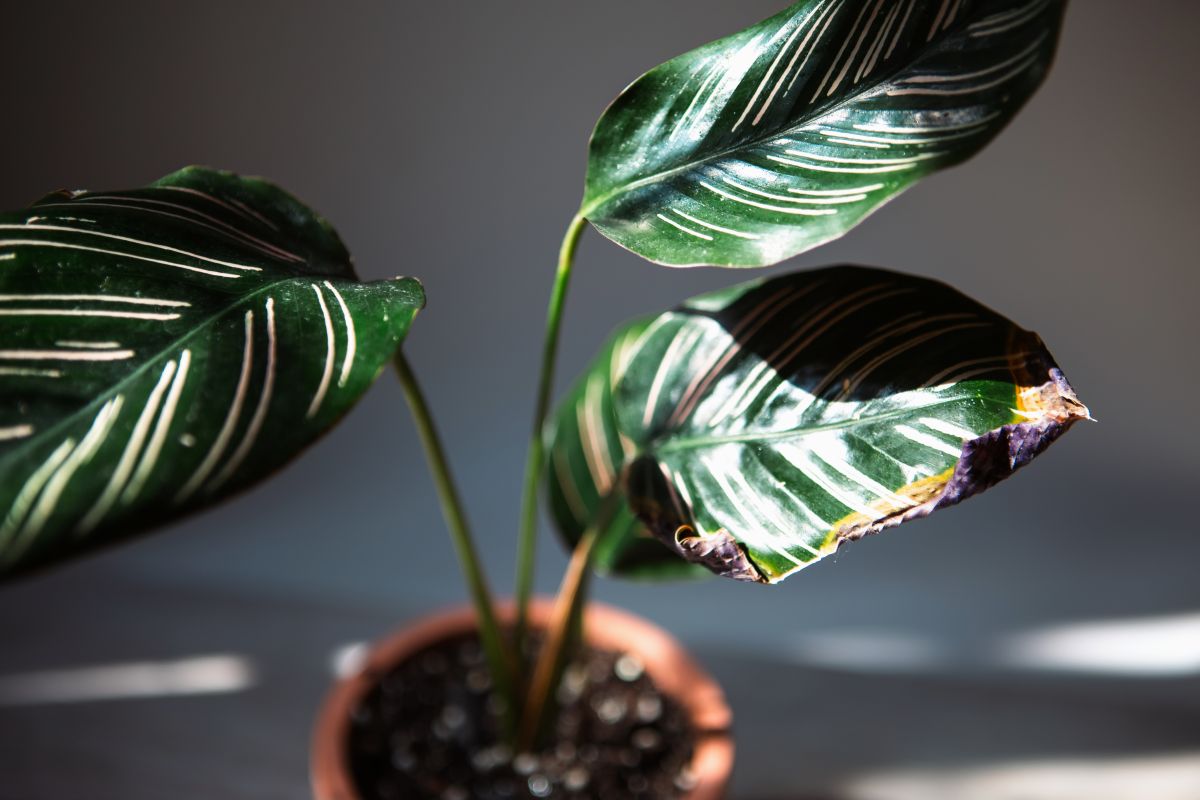The six golden rules for watering houseplants are essential for every new plant parent. These rules specify when and how much to water your houseplants to help them thrive in your home.

6 Tips for Watering Your Houseplants
1. Water Your Plants With Warm Water
Cold water can be damaging to your plant, as it can cause your plant to think that it is winter and that it shouldn’t be growing. Water your plant with warm or tepid water, which is easily absorbed in the soil and allows your plant to grow.
2. Water Plants in Large Pots Less
The more soil there is in a pot, the less water a plant needs. Soil can hold water for a long time, even if the top of the soil looks dry. Wait until the soil is dry at least one inch deep or the plant shows other signs of needing water before providing it.
3. Plants in Brighter Light Need More Water
The sun naturally dries plants and causes water to evaporate. Plants situated in a window will need water much more frequently than those that only get sun for a few hours a day.
4. Don’t Water the Leaves
Give your plant water from the base of the plant, pouring directly into the soil. Your plant’s leaves need to remain dry in order to complete their photosynthesis process.
5. Don’t Use Tap Water
Just like humans, plants are sensitive to the chemicals in tap water. Water your plants with filtered or bottled water whenever possible. You can also leave a can of water out overnight to allow some of the chlorine and fluoride to dissipate before adding it to your plant’s pot.
6. Wait for a Sign to Water
Most plants don’t need water every day. Instead of putting watering your plant in your routine, plan to check on it daily and only give water when your plan shows the following signs of needing water:
- Wilting.
- Dry leaves.
- The soil is dry at least one inch deep.
- The pot feels light when lifted (small houseplants only).





